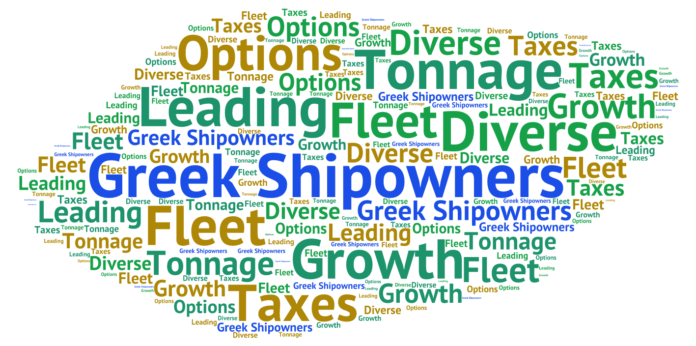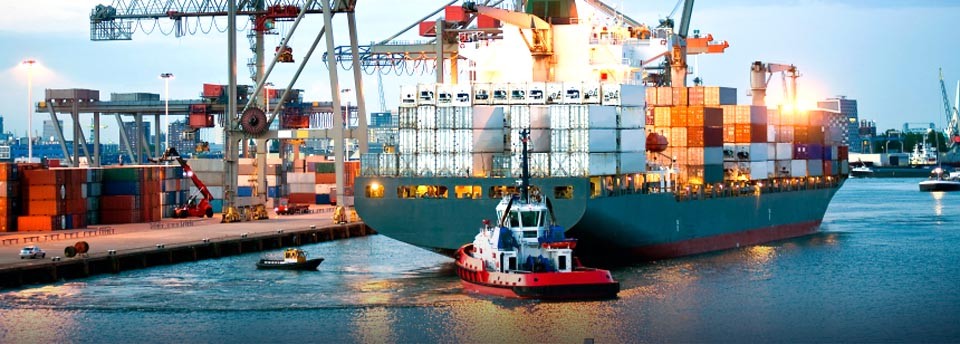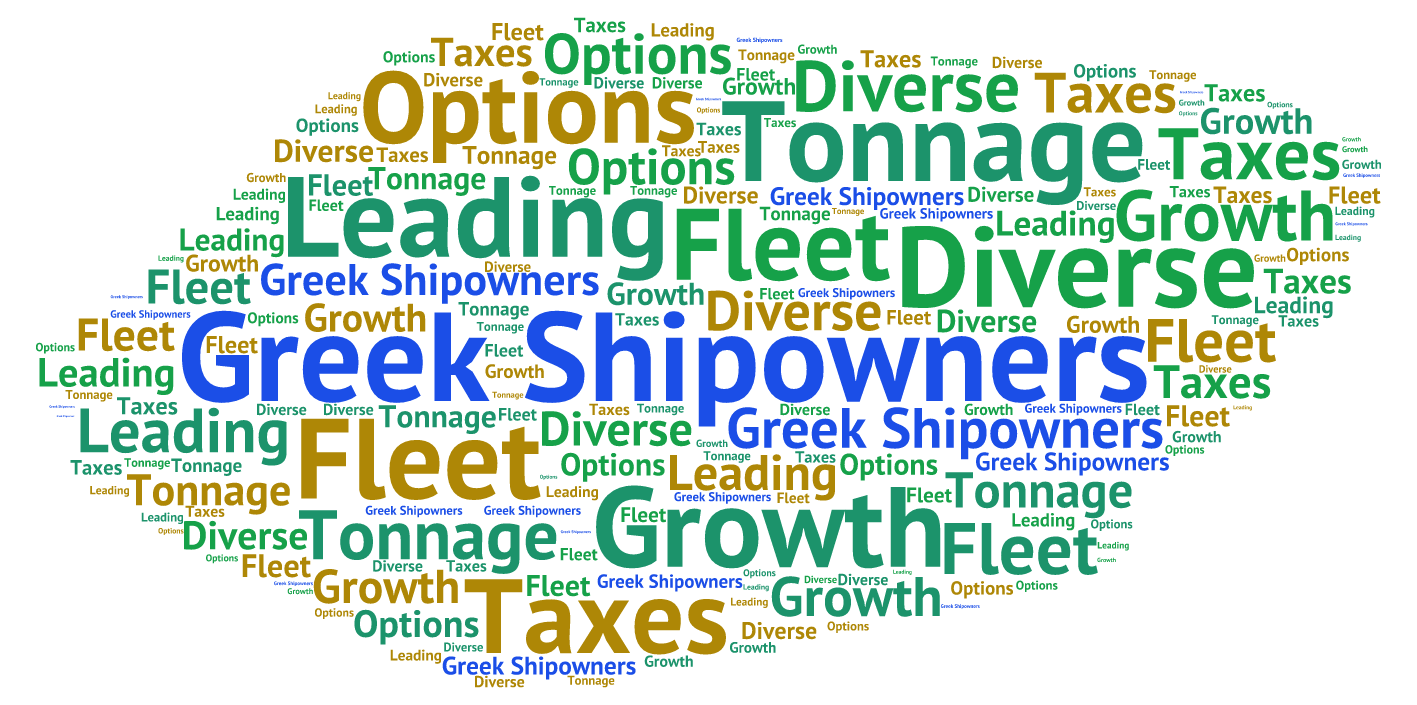
ATHENS: Many of Greece’s world-leading shipowners are actively exploring options to leave their home country, reacting to the prospect of sharply higher shipping taxes in the debt-ridden nation.
Dominated by some 800 largely family-run companies that control almost a fifth of the global shipping fleet from their base at the main Greek port of Piraeus, the industry has long been a source of national pride. But at the behest of Greece’s international creditors, the newly re-elected Syriza-led government has reluctantly agreed to raise taxes on the long-protected sector.
While Greek owners have agreed to voluntarily double until 2017 the amount they pay in tonnage tax–a fixed annual rate based on the size of each vessel–they are adamant on keeping their tax-free status on ship profits and money generated from ship sales. Yet Greece’s creditors want taxes gradually to be applied on all shipping operations and are pushing for a permanent increase in the tonnage tax.
Senior Greek government officials, who asked not to be named, said the finance ministry is trying to find alternative sources of income to avoid saddling owners with more taxes, but one said that “the exercise is proving very difficult.” Final decisions on the matter are expected by the end of October.
Income-based shipping taxes, levied in countries such as the U.S., China and Japan, can raise much more revenue than tonnage taxes, levied in most European countries. An owner of a midsize vessel in Greece would pay a flat tonnage tax of $50,000 a year at the temporary double rate. A comparable U.S. owner, depending on daily freight rates, might pay about $3.7 million in annual taxes, and a Japanese owner could pay $7 million.
However, while European owners have to pay the tonnage tax every year regardless of profitability, U.S. and Japanese owners get substantial tax refunds if their vessels lose money.
Many in the Greek shipping world say any increase in taxes on shipping operations would prompt a mass exodus of the country’s shipowners. Relatively low-tax global shipping centers such as Cyprus, London, Singapore and Vancouver are positioning themselves to benefit.

“With all these places from Cyprus to Vancouver coming to Greek owners and trying to get them to move, I hope that everyone realizes there is a real possibility that many people might leave if things are handled the wrong way,” said George Gratsos, president of the Hellenic Chamber of Shipping. Mr. Gratsos noted that shipping remains a bright spot in the reeling Greek economy, generating EUR13 billion ($14.6 billion) to EUR19 billion in annual revenue and employing about 250,000 people. “Shipping makes up 7% of Greek economic output, and logic dictates that the sector should enjoy a friendly business environment and a steady taxation system so it can grow and create more jobs, rather than moves to push it out,” he said.
Owners said Cyprus, a Greek-speaking country just a two-hour flight from Athens, is their top choice to set up shop. While doing business in Greece is becoming increasingly difficult after capital controls were imposed in June, Nicosia lifted similar controls in July. The island’s vibrant shipping sector, with a registry of more than 1,000 vessels, emerged largely unscathed.
“We’re very highly relying on the second option that we have in Cyprus,” Greek owner George Procopiou, who runs one of the world’s largest fleets of tankers and liquefied-natural-gas carriers, told the Cyprus Maritime Conference in Limassol earlier this month. “The friendly environment that we see here in Cyprus for shipping is a great lesson, proving what the cooperation between private and governmental parties can bring.”
Thomas Kazakos, director-general of the Cyprus shipping chamber, said the first inquiries from Greek shipowners about setting up offices in Cyprus came in July. He said apart from the common culture, some 40% of ships under the Cypriot flag already belong to Greeks. “Our taxation regime hasn’t changed in decades,” Mr. Kazakos said. “It works, and we don’t mess with it.”
A second Cypriot official said Greeks have been asking questions “ranging from opening bank accounts to buying property and [finding] schools for their children.”
London has been a popular base for many second-generation Greek owners, who maintain operations in Piraeus but own luxurious houses in the U.K. and live there for at least part of the year. Representatives from some of the most expensive international schools in London said inquiries from prominent Greek families thinking of moving to the area are up threefold on average this year.
Cities as far away as Vancouver have joined the race to attract the Greeks. Earlier this month, the Vancouver International Maritime Center hosted a lavish reception at the Canadian embassy in Athens, where owners were told they could manage their international shipping businesses from representative offices in Canada without their activities being subject to any tax
Source: WSJ.














The charge in attitude of the Greek Government to taxation seems to have put the cat amongst the pigeons.
Hence, it is not surprising the ship owners are seeking safe stable heavens .
Although most of these havens require compliance with a plethora of rules and regulations.
Hence, larger management teams and deck,engine officers and competent crew's all of which are in short supply.
Reblogged this on Brittius.